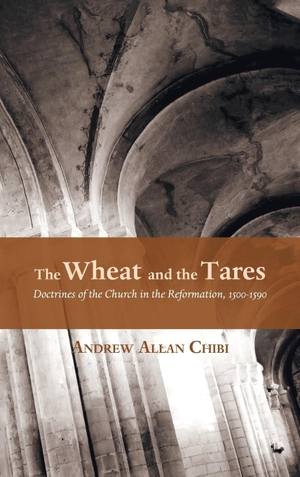Für statistische Zwecke und um bestmögliche Funktionalität zu bieten, speichert diese Website Cookies auf Ihrem Gerät. Das Speichern von Cookies kann in den Browser-Einstellungen deaktiviert werden. Wenn Sie die Website weiter nutzen, stimmen Sie der Verwendung von Cookies zu.
Cookie akzeptieren
Andrew Allan Chibi
The Wheat and the Tares
- Pickwick Publications
- 2015
- Gebunden
- 504 Seiten
- ISBN 9781498206112
In 1500 Christians knew that God gave them the church to shepherd believers toward salvation and that it was centered at Rome and ruled by a pope. Today, that church is but one of forty thousand Christian denominations, each with distinctive structures and doctrines. How did this happen? Then, as now, all aspects of the church--from its divine mission to its offices and operations, hierarchy, and bureaucracy--were of interest to theologians, thinkers, and troublemakers alike, but for ages there had been satisfaction with the status quo. In the late Renaissance this gave way to frustration and heated debate, as some people wanted fewer clerical controls over
Mehr
Weniger
zzgl. Versand
in Kürze